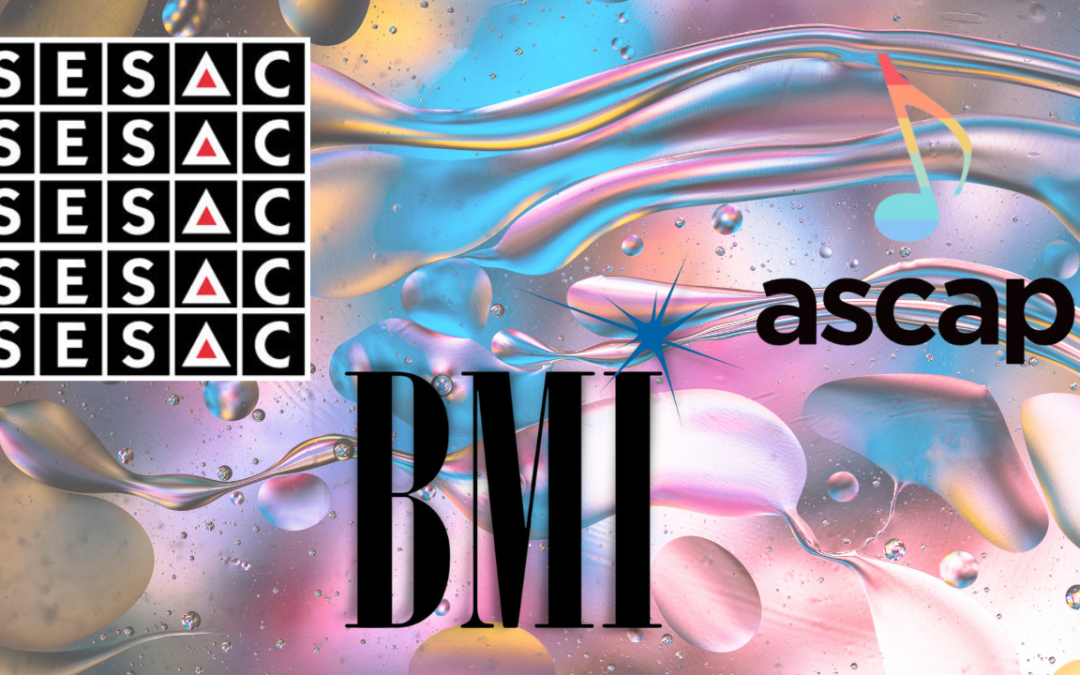Becoming a music industry professional requires a base level of knowledge. Whether you’re looking to become an artist, producer, manager (the list goes on), there are fundamental aspects of the industry to know early on.
- Know the ins and outs of your stage plot.
- Learn the marketing basics.
- Know what a PRO is.
We’ll get to the answers to questions one and two in future articles, but knowing what a PRO is is a HUGE factor in an artists’ career.
Over the last twenty years, the internet has allowed the music industry to boom. The limited reach of gatekeepers led to the emergence of artists on the scene. These artists came with excellent sound, quickly developed fanbases through streaming services and live performances, and the ability to record material for the masses promptly. While creativity flowed limitlessly, widespread industry success was stifled. The financial backing and support of traditional record labels couldn’t match up to the number of artists and content.
While this change was coming, the basic foundation of how and when an artist gets paid remained precisely the same.
A Performing Rights Organization (PRO) is the entity that collects royalty payments on behalf of songwriters and publishers. Those royalty payments disperse to the copyright owners of a particular piece of music. Whenever you hear a song played on terrestrial (radio AM/FM), the internet, a restaurant, a TV show, basically anywhere in public, those companies must pay the PRO for the licensing to use that song. Once the PRO collects the licensing fees, the PRO pays the artist. The calculated payment from those collections is called performance royalty. As an artist, registering with a PRO should be one of the first steps when making music a career choice.
Let’s take a look at some of the different PROs that are out there. You may have looked at the credits of a song, and somewhere in there, you see the words “ASCAP,” “BMI,” or “SESAC.” These are the top three – or industry professionals might say “the big three” – PROs in the United States. While every PRO essentially performs the same task, their membership fees, international operations, and payout structure may vary.
Sidebar:
It’s worth mentioning that there is a difference between performance royalties and mechanical royalties. Performance royalties come from licensing of music to a company that intends to use that music in public spaces and events. Mechanical royalties, however, are collected whenever a song recording goes through reproduction. Reproduction comes in the form of physical CDs, digital downloads, and streaming services. Even if recording and performing music is just a hobby, it is always a good idea to protect your art and maybe even collect a few dollars from it!
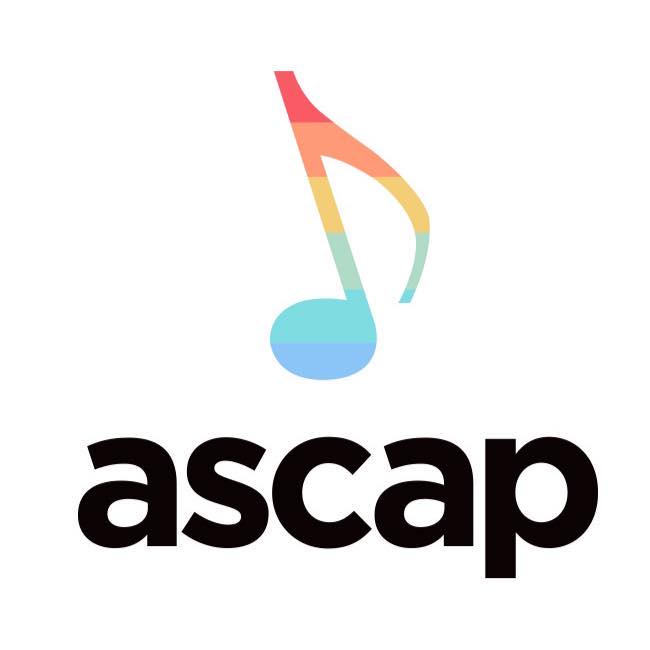
Founded in 1914, ASCAP(American Society of Composers, Authors, and Publishers) is the oldest PRO in the US. With a membership of over 850,000* creatives, ASCAP has earned its reputation as one of the Big Three. The organization is run by its membership of songwriters, composers, and publishers, making it stand out. In addition to quarterly royalty payments, ASCAP offers various benefits, discounts, and career tools for its members to supplement their music career, all of which can be found on their website, www.ascap.com
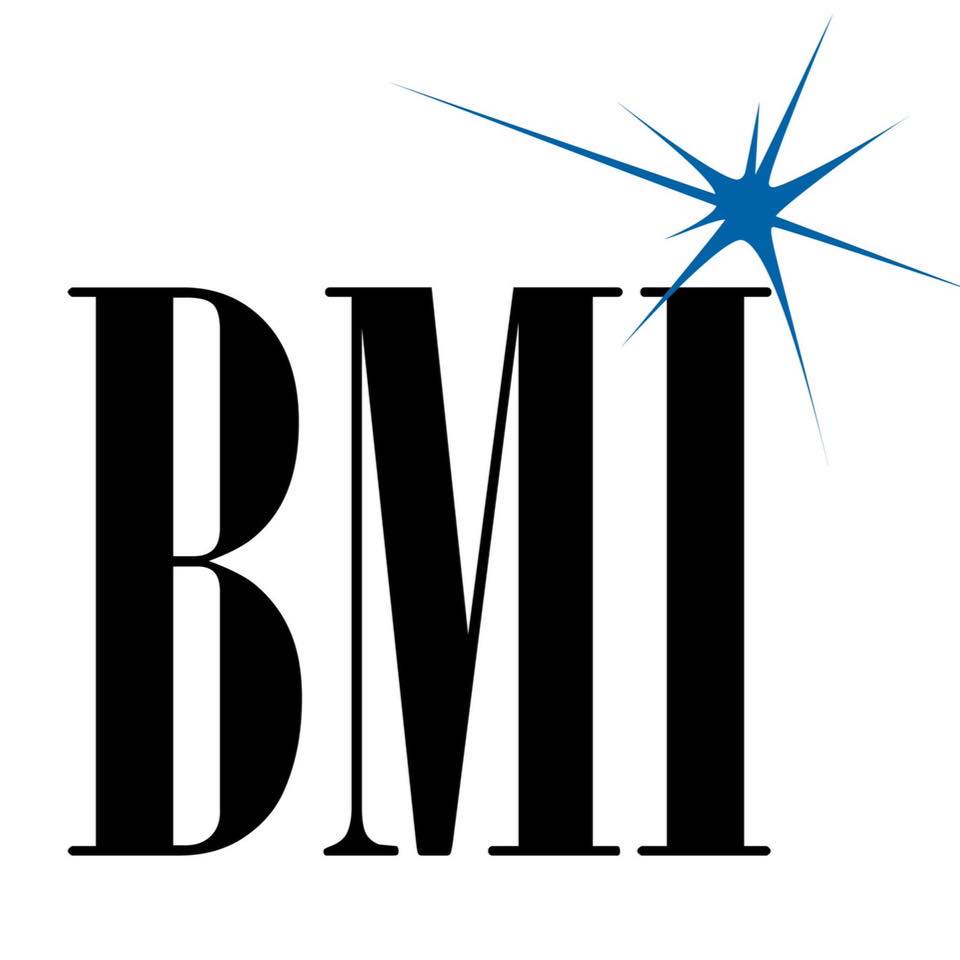
Broadcast Music, Inc. was founded in 1939 with the purpose of representing artists in emerging genres such as Jazz, Blues, and Country. Its membership consists of over 1.2 million** songwriters, composers, and publishers, making it the largest music rights organization in the country. Like ASCAP, BMI payments are quarterly, and they offer benefits and tools to help artists achieve success with their careers. For more information, you can go to their website at www.bmi.com
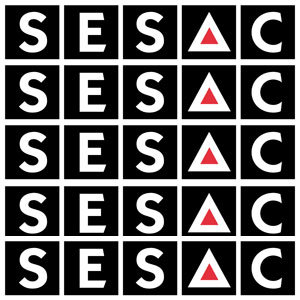
Formed in 1931, The Society of European Stage Authors and Composers, or SESAC, had an initial goal to help European stage authors and composers with the collection of their American royalty payments. There are a few noticeable differences that set SESAC apart from the others, one of which is that while ASCAP and BMI are non-profit organizations, SESAC is the only for-profit private company out of the big three. With 30,000*** songwriters, composers, and publishers that make up its membership, SESAC may not be as large member-wise, but that may not be by accident, as its membership is invite-only. It is also noteworthy that SESAC is the only PRO that offers royalty payments for both performance AND mechanical rights, and members have the option of receiving radio royalty payments monthly. To find out more about SESAC, visit their website at www.sesac.org
Which PRO should I choose?
Honestly…whichever one you feel comfortable with. There really isn’t a right or wrong choice. It comes down to doing the research and deciding what is best for you and your career. It’s an important and long-term decision, so it’s strongly encouraged that artists go to each PRO’s website and get a feel for what they do and what separates them from the others. Check out their FAQs section, speak with fellow artists who have registered with each of them, then make the decision based on what information resonates more with you and what you’d like for your career.
Regardless of which one you choose, becoming a member of a PRO should be an exciting and productive step for every musician looking to take their career further. It’s one of the first things people in the industry will notice when they see an artist or band, they may want to work with. It gives the artist even more ownership of their creation and helps provide peace of mind knowing their organization is working to help show their hard work and effort is paying off.
*Information according to the ASCAP official website
**Information according to the BMI official website
***Information according to the SESAC official website
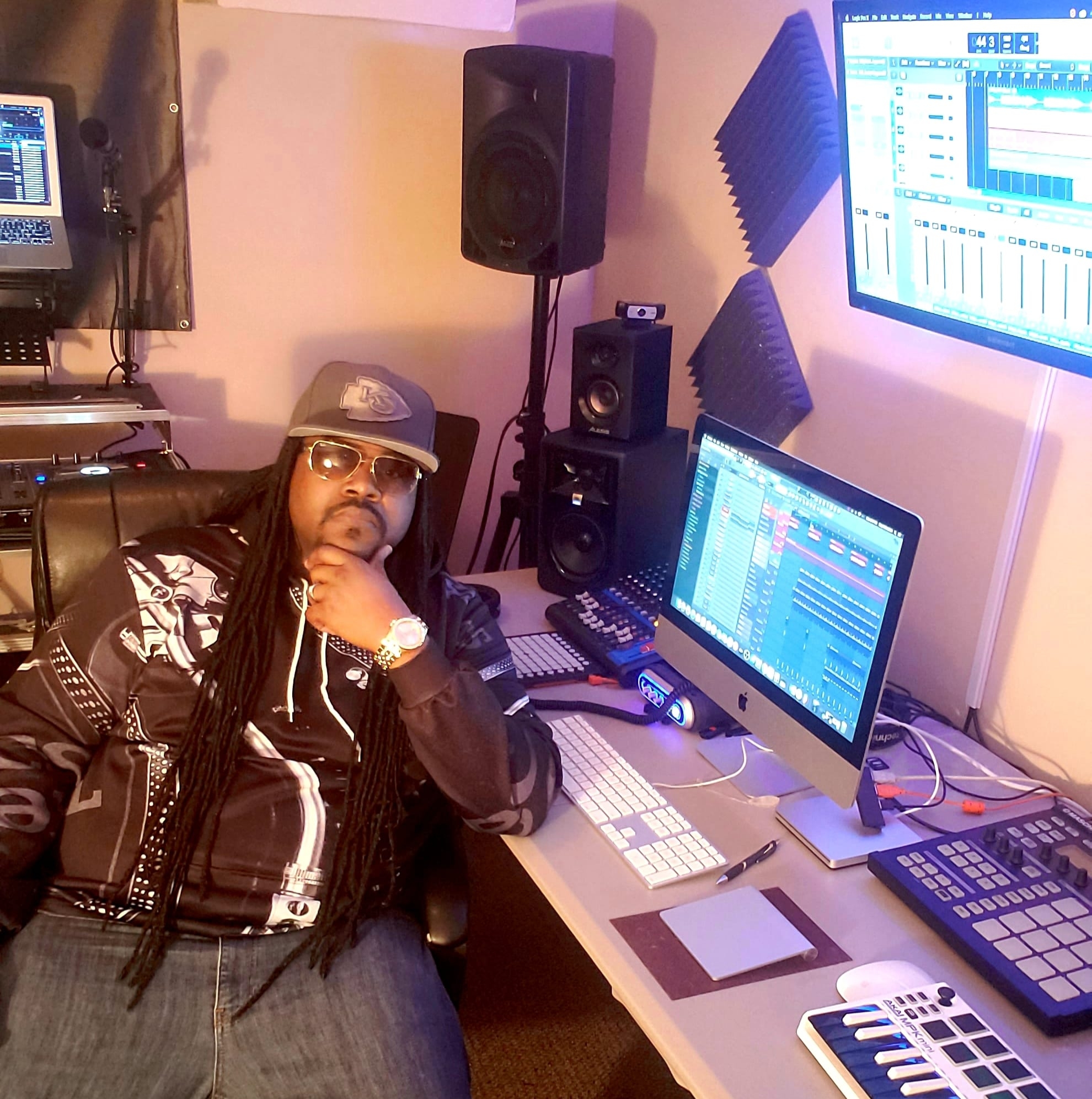
Cory Ewing is a DJ, A&R, and music industry consultant born and raised in St. Louis, MO, and currently resides in Moline, IL. He is the President of Local Traffic Only Music Group, a music management and distribution company based out of the Quad Cities, and Midwest Regional Director of Sniper Squad DJ Coalition.

